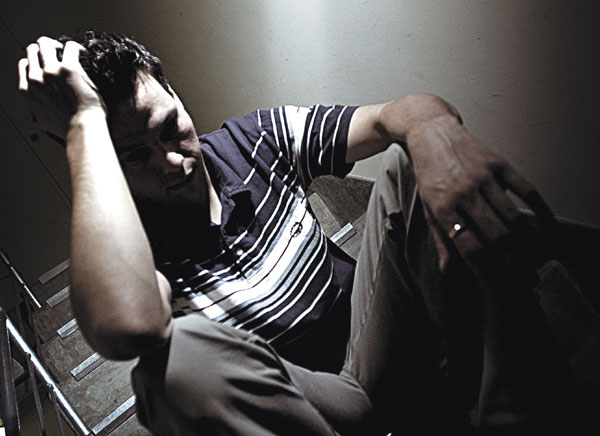Psychotherapy
Psychological treatment of depression (psychotherapy) assists the depressed individual in several ways. First, supportive counseling helps ease the pain of depression, and addresses the feelings of hopelessness that accompany depression. Second, cognitive therapy changes the pessimistic ideas, unrealistic expectations, and overly critical self-evaluations that create depression and sustain it. Cognitive therapy helps the depressed person recognize which life problems are critical, and which are minor. It also helps him/her to develop positive life goals, and a more positive self-assessment. Third, problem solving therapy changes the areas of the person's life that are creating significant stress, and contributing to the depression. This may require behavioral therapy to develop better coping skills, or Interpersonal therapy, to assist in solving relationship problems.Unfortunately, many poorly trained counselors never move beyond providing supportive counseling. This alone will not eliminate the depression. As a result, the depression, and the therapy, continues indefinitely, with little improvement. Supportive counseling "feels" helpful, and as part of the overall treatment plan does help. But, unless the depressed person makes critical life changes, the depression will continue. These changes are both internal and external. Internal changes are usually needed in problem assessment, self-evaluation, the evaluation of others, and the expectations the depressed person has for himself/herself, others and about life. External changes may be needed in problem solving skills, stress management, communication skills, life management skills, and the skills needed to develop and sustain relationships.
The length of treatment will vary, according to the severity of the depression, and the number and kind of life problems that need to be addressed. Most people will begin to experience some relief with 6 to 10 sessions, and approximately 70-80% of those treated notice significant improvement within 20-30 sessions. Mild depression may be treated in less sessions, and more significant depression may require extended treatment. Treatment sessions are usually scheduled once per week, although they may be scheduled more frequently initially, or if the person is experiencing significant life crises.
Medication
Except in the more severe depressions, and bipolar depression, medication is usually an option, rather than a necessity. Antidepressant medication does not cure depression, it only helps you to feel better by controlling certain symptoms. If you are depressed because of life problems, such as relationship conflicts, divorce, loss of a loved one, job pressures, financial crises, serious medical problems in yourself or a family member, legal problems, or problems with your children, taking a pill will not make those problems go away.However, some symptoms of depression, such as sleep and appetite disturbances, significant concentration problems, and chronic fatigue, interfere with your ability to make the life changes necessary to eliminate the depression. In more serious depression, suicidal thoughts and urges, and preoccupation with death, may require medication in addition to psychotherapy. Antidepressant medication can help relieve those symptoms, and allow you to make needed life changes. The decision to take medication, in addition to participating in psychological treatment, should be discussed with your treating psychologist and your primary care physician. Your thoughts and feelings regarding medication, after considering information about both the benefits and risks involved, are an important part of a collaborative treatment approach between psychologist and client. If medication is part of your treatment, either your primary care physician or a psychiatrist will supervise the medical part of your treatment, while you continue psychotherapy with a psychologist. If you have a chronic medical condition or a serious illness, and you are taking medication for that condition, then the medical specialist treating that problem should be involved in your treatment. The medical specialist may supervise all of your medications, or coordinate the medical treatment with the physician providing the antidepressant medications.
source : http://www.psychologyinfo.com/depression/treatment.htm



0 comments